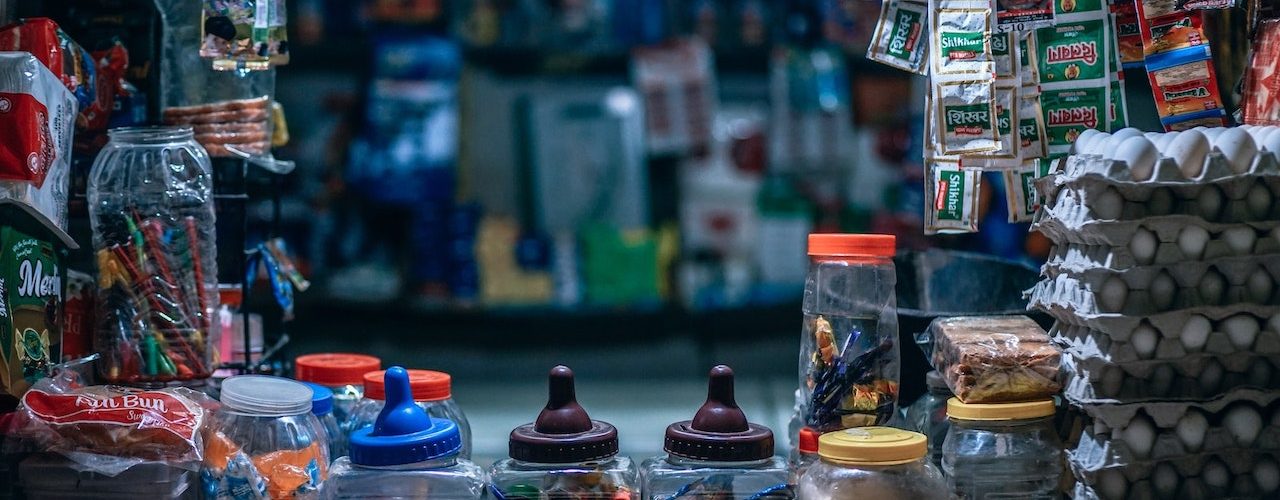At the center of Nigeria’s economic development is the Micro, Small and Medium Enterprises (MSMEs), popularly known as SMEs, it accounts for forty-eight percent of the national GDP, ninety-six percent of businesses and eighty-four percent of the labour force engaged within the country. The Central Bank of Nigeria (CBN) referred to SMEs as businesses with turnover of less than a hundred million (N100,000,000) per annum and/or less than three hundred (300) employees.
Despite having to navigate through challenges like poor infrastructure, unfavourable government policies, limited financial support and credit facility, low investment opportunities and unskilled workforce, SMEs have been plunged into another vulnerability – business liquidation and job loss – due to COVID-19 outbreak in Nigeria. The economic projection by the IMF stating that Nigeria would slide back into recession makes the future look gloom for small businesses, but the government can cushion the effect, if they render support to SMEs as their growth could create the needed saving grace from another national economic meltdown.
1. Provide Tax Reliefs and Credit Facilities
The federal government took the first dive in supporting SMEs with a N50 billion COVID-19 Targeted Credit Facility (TCF), an incentive for MSMEs and households. But to make this support count, some proactive measures like suspension of VAT increment, all-inclusive reduction of loan interest rates and necessary monetary policies need to be acted on by the government through its monetary agencies.
Though, eligible SMEs will receive a maximum of N25 million under the TCF scheme but the funding could dwindle in no time while its repayment gets cumbersome, if the government does not suspend the increased 7.5% VAT. According to NBS, 99.8% of micro businesses make less than five million naira per annum, this accounts for a large chunk of SMEs in Nigeria, it could get worse in the post COVID-19 era, hence the need for the government to accompany these credit facilities with tax incentives. Also, the olive branch could be extended with a one-year tax break for manufacturers in the real sector including pharmaceutical companies, airlines, small businesses, and agro-allied processors to enable them navigate through the COVID-19 induced economic crisis, as advocated by Mrs. Toki Mabogunje, the president of Lagos Chamber of Commerce and Industry (LCCI).
2. Extend Moratoriums on Loans
The CBN also chipped in with measures like one year extension of moratorium on principal repayment of intervention facilities, reduced interest rate on these loans from nine percent to five percent and creation of credit facilities for SMEs with focus on pharmaceutical companies. However, there is a need to spread these measures to be all-inclusive, especially to the agriculture sector – the second largest micro business enterprise in Nigeria. Wholesale/retail trade, agriculture and other services accounts for 76.3% of micro enterprises in the country, verily, the government should provide credit facilities and streamline access to loans that covers these enterprises as it will save businesses, reduce job loss or create employment around these SMEs.
3. Stabilize Foreign Exchange Rates
In simple analogy, investing $1 million in a Nigerian company in the year 2010 translated to 150 million naira. Fast forward to 2020, investing the same amount of dollars will translate to over 380 million naira. Nigeria’s monetary policy is weak and puts the naira at a disadvantage. Despite CBN’s constant injection of funds into the currency market, the multiple exchange rates remain, and continue to negatively affect the survival and growth of small businesses, especially those that have to import inputs for local manufacturing and production. Hence, the government can support these businesses by providing a stable FOREX policy that covers them.
According to this NBS data, medium enterprises (worth between 50 to 100 million naira) decreased from 4,670 in 2013 to 1,793 in 2017. These outlined measures, when backed with favourable government policies like reduction of business registration fee, reduction in import and excise duties for small businesses, will cushion the economy from COVID-19’s aftermath, and perhaps, double as the requisite policy needed to negate projected economic recession.


